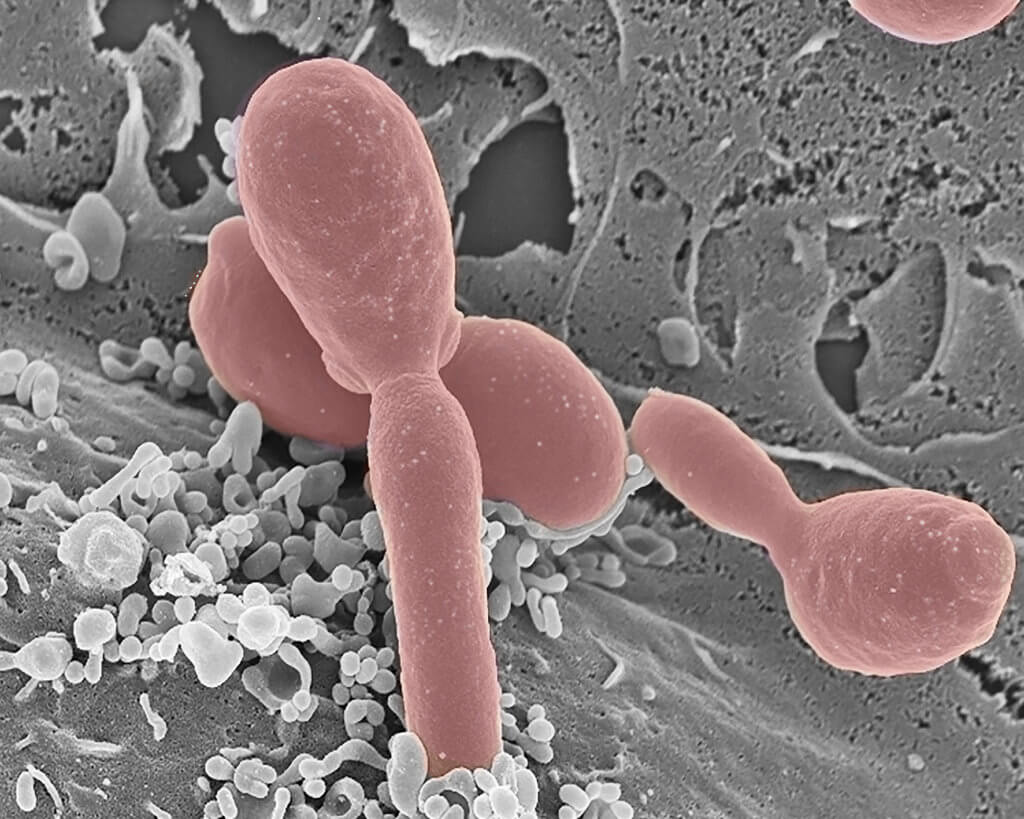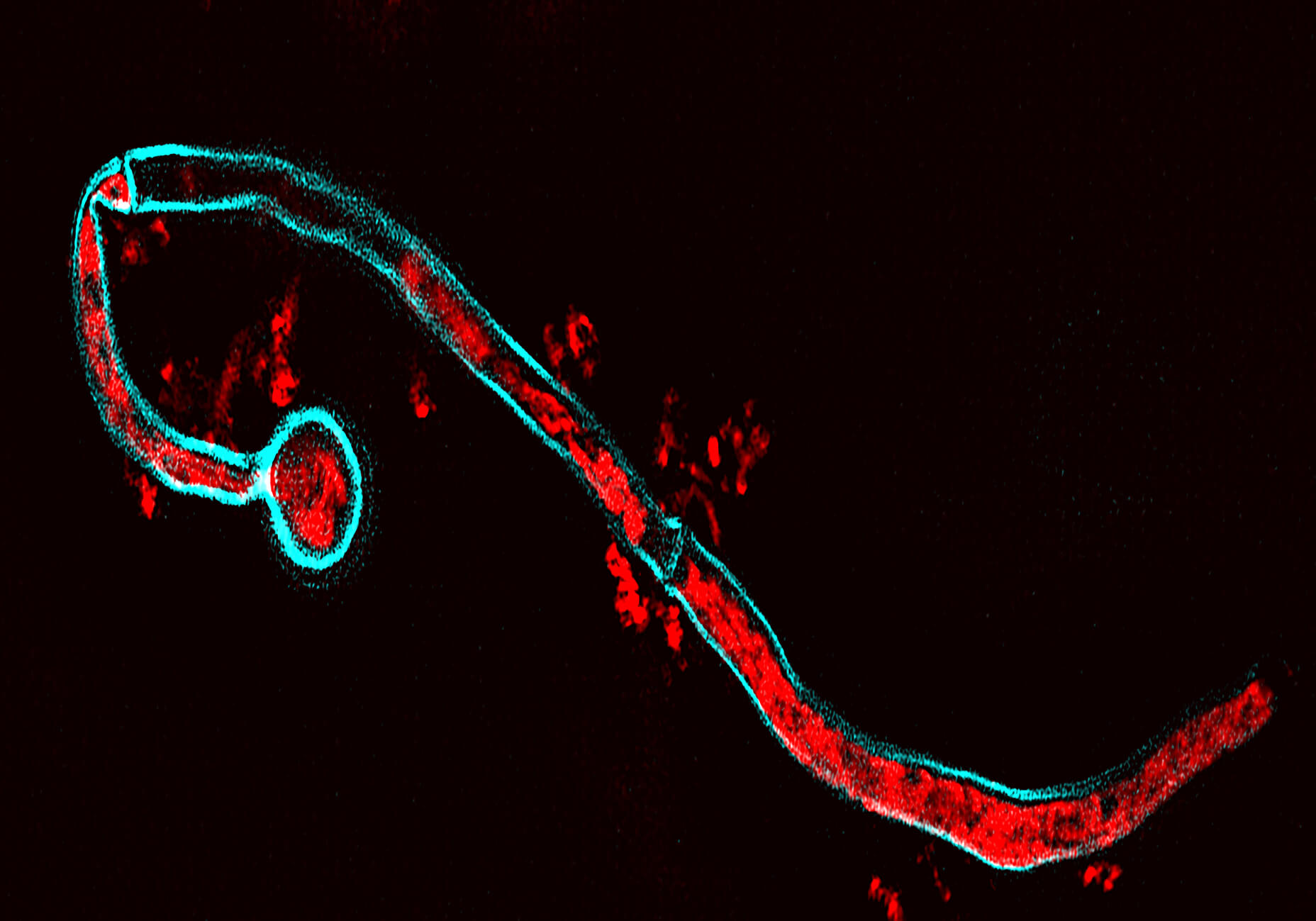For most people, the fungus Candida albicans is just another resident taking up space in the skin. But for people with weaker immunity, the fungus can signal a death sentence with life-threatening infections. New research discovers why this fungus causes different bodily reactions and it may have to do with its ability to take over the immune system.
Their findings show Candida albicans trick the human immune system. They release signal molecules recognized by immune cells called monocytes that stimulate the release of specific microRNAs. MicroRNAs are small RNA fragments but not translated into proteins. Instead, they monitor the genes and help in deciding whether certain genes are expressed.
“MicroRNAs are a very effective system that allows us to adapt quickly to constantly changing conditions,” study co-author Christina Skerka, an immune biologist at the Leibniz Institute for Natural Product Research and Infection Biology, explains in a statement. “The fact that the fungus exploits our immune response so specifically is quite astonishing.”

Her team discovered microRNAs transport from human immune cells to fungal cells using small vesicles. Vesicles are cellular sacs used to communicate between cells. Besides microRNA, there is a cocktail of other molecules in the vesicles. The membrane lining the vesicles protects them from external influences and using receptors, they can find their target cell.
“Our immune system marks Candida albicans as an invader with certain molecules. In the vesicles, precisely the receptors that bind to these markers are now upregulated,” explains lead author Luke Halder.
Based on the results, the researchers believe they could improve fungal infections by using treatments that block specific microRNAs.
The study is published in the journal mBio.
